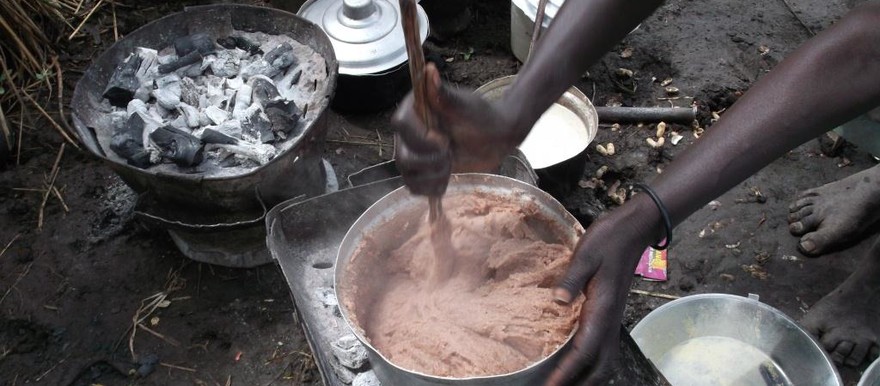Muslims fasting in Doro Camp for Blue Nile refugees complained of poor living conditions in the camp and a lack of enough food and lack of food variety. Silla Musa, a leader at the camp in Upper Nile, said that the fasting people would like an increase in the ration of food provided to them by aid organizations.
The number of newcomers from different parts of the Blue Nile has increased in Doro camp especially since June of this year. Malnutrition is rampant especially among children and the elderly.
Speaking to Radio Tamazuj on the fourth day of the fast, Silla Musa said that the amount of food provided is not sufficient in a context of high market prices of other items and various needs of refugees especially for Ramadan. This causes refugees to sell some belongings to get what they need for Ramadan.
Musa pointed out that the consumption of those who fast in one day during Ramadan is more than a normal day because they depend on eating and drinking more in the evening and mornings to make up for the dawn-to-dusk fast.
He also complained that no special food has been offered or distributed to the children in the camp such as mix and biscuits.
Photo by Radio Tamazuj: A woman cooking in Doro Camp, June 2012.




